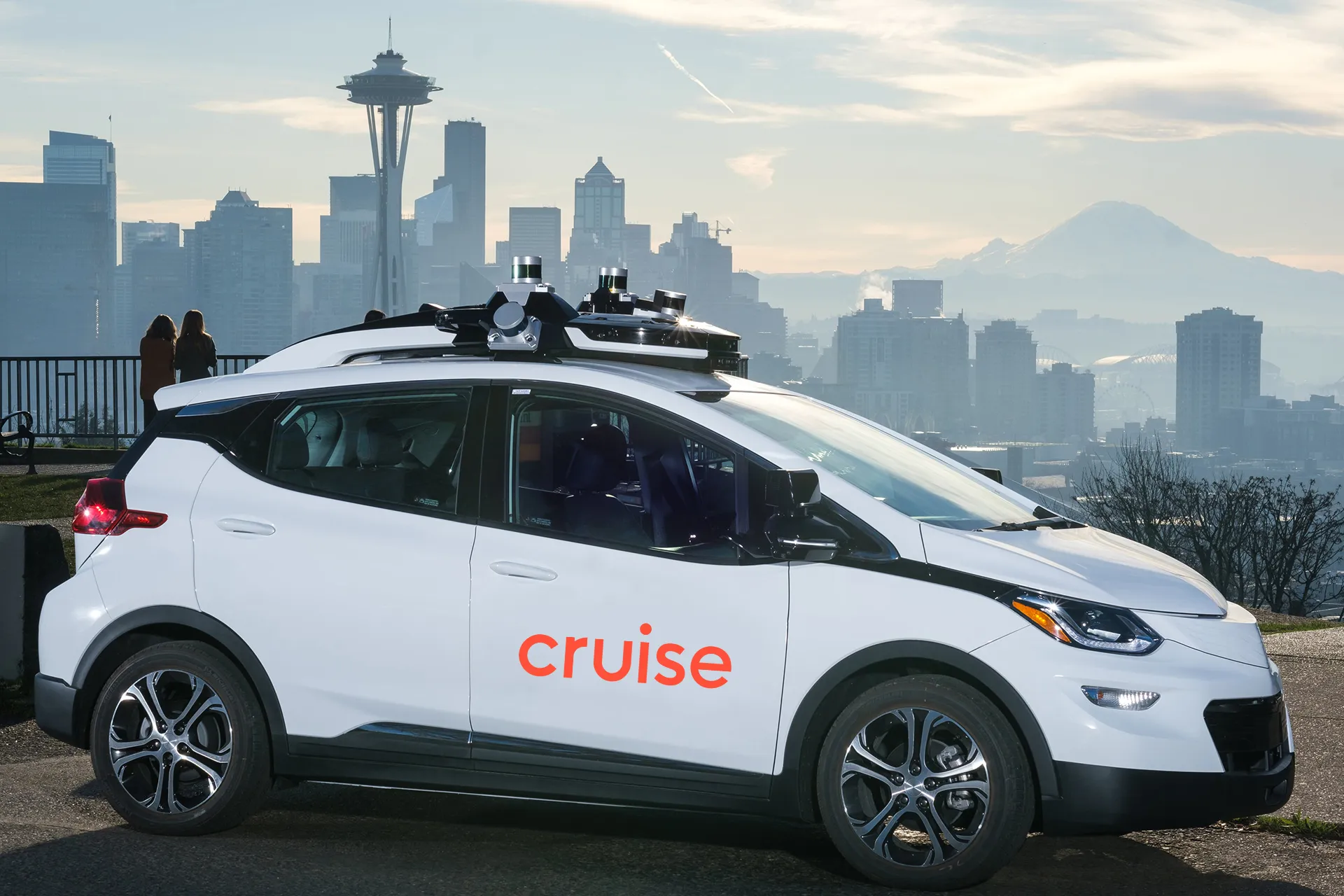Groupe
Chronocam’s proprietary approach to computer vision leverages the company’s expertise in neuromorphic vision sensing, which mimics the human eye, and processing, which mimics the human brain. Because of the efficiencies it realises through its data capture techniques, the technology can expand conventional vision methods and contribute to better adoption and effectiveness in the automotive market.
The Chronocam technology innovation translates into specific benefits for ADAS and autonomous driving applications, including: Quicker detection of people and obstacles; Enhanced robustness of the camera to adapt and detect environmental and contextual conditions; and lower overall cost of implementation, making ADAS feature more accessible to more vehicles and market, thus improving safety in a broader way.
The two companies will work together to apply Chronocam’s technology to areas such as collision avoidance, driver assistance, pedestrian protection, blind spot detection and other critical functions to improve safety and efficiency in the operation of both manned and autonomous vehicles.
Renault partners with computer vision innovator Chronocam on ADAS
Groupe Renault has entered into a strategic development agreement with Chronocam, a developer of biologically-inspired vision sensors and computer vision solutions for automotive applications. Renault plans to leverage Chronocam’s bio-inspired vision technology to extend capabilities of advanced driver assistance systems (ADAS) and autonomous driving.
November 10, 2016
Read time: 2 mins








